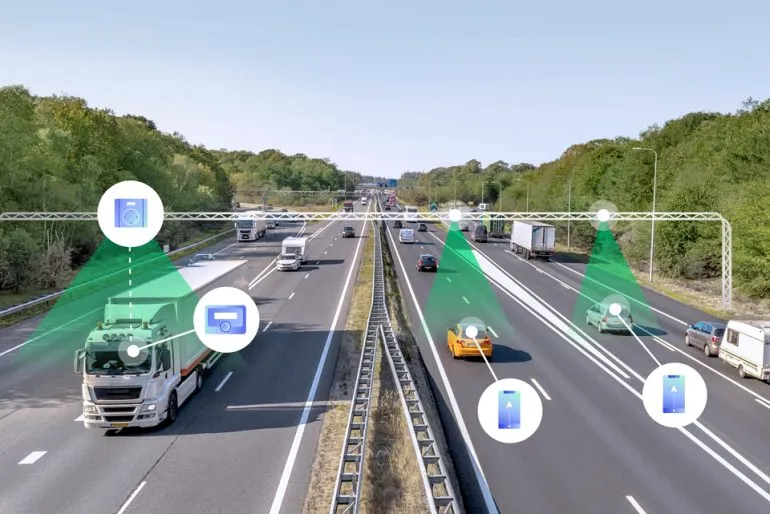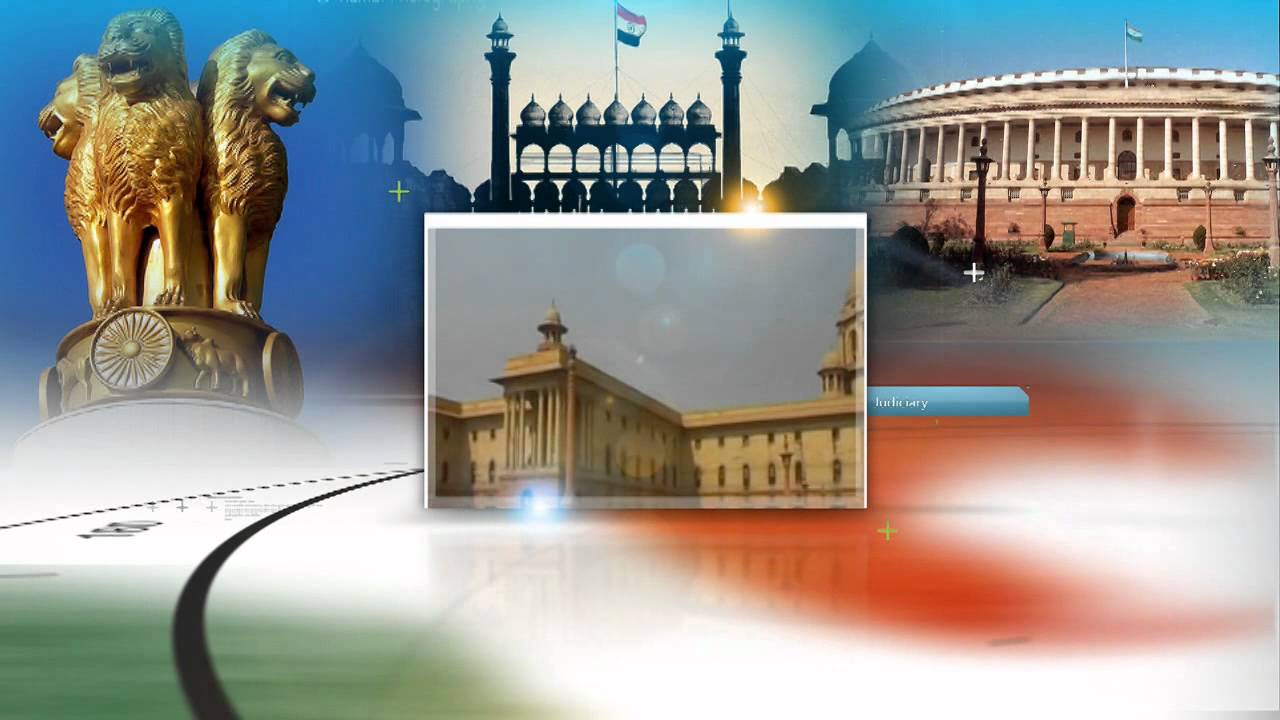Font size:
Print
Using Molecular Scissors to Improve CAR-T Cell Therapy
Context:
Mayo Clinic researchers have discovered a new reason why chimeric antigen receptor (CAR-T cell) therapy fails in some cancer patients by examining the molecular foundations of cancer.

More on News:
- The research has uncovered a novel mechanism responsible for CAR-T cell therapy resistance and failure. This mechanism involves a protein that is routinely produced by the engineered CAR-T cells.
- This discovery has led to new strategies combining antibodies and gene editing to enhance the effectiveness of CAR-T cell therapy for patients.
CAR-T Cell Therapy Overview
- CAR-T cell therapy involves collecting a patient’s T cells, genetically modifying them in the lab to target specific proteins on tumours, and then reintroducing these engineered T cells back into the patient.
- The modified T cells act as a living drug, leveraging the immune system to recognise and destroy tumour cells.
- It has shown promise in treating blood cancers such as B-cell lymphomas and leukemias, with some patients achieving complete remission. However, it is effective in only about one-third of patients.
- A significant issue where CAR-T cells lose their potency, weakening their ability to target and eliminate cancer cells, leading to relapse within a year in many patients.
Key Highlights:
- They analysed pre-infusion CAR-T cells from patients who either went into remission or experienced treatment failure. They also examined how CAR-T cells affected tumours in laboratory mice.
- IL-4 Protein: Elevated levels of interleukin-4 (IL-4), a protein that regulates inflammation and immunity, were found in both human and mouse samples associated with CAR-T cell exhaustion.
- Effect of IL-4: While IL-4 can help activate the immune system against cancer, excessive IL-4 production by CAR-T cells can lead to cell exhaustion and decreased effectiveness.
- Researchers used CRISPR to target and modify the excess IL-4 protein found in dysfunctional CAR-T cells. By removing or altering IL-4, they significantly improved the CAR-T cells’ ability to recognise and destroy cancer cells.
- Researchers also tested monoclonal antibodies to block or neutralise the IL-4 protein. This approach successfully rejuvenated CAR-T cells, boosting their ability to combat cancer.
Implications:
- The research suggests potential new approaches to improve CAR-T cell therapy by addressing the IL-4 protein issue, to enhance treatment outcomes for patients.
- The use of CRISPR and monoclonal antibodies to address IL-4-related dysfunction in CAR-T cells represents a promising advancement in improving the effectiveness and longevity of CAR-T cell therapy for cancer patients.



